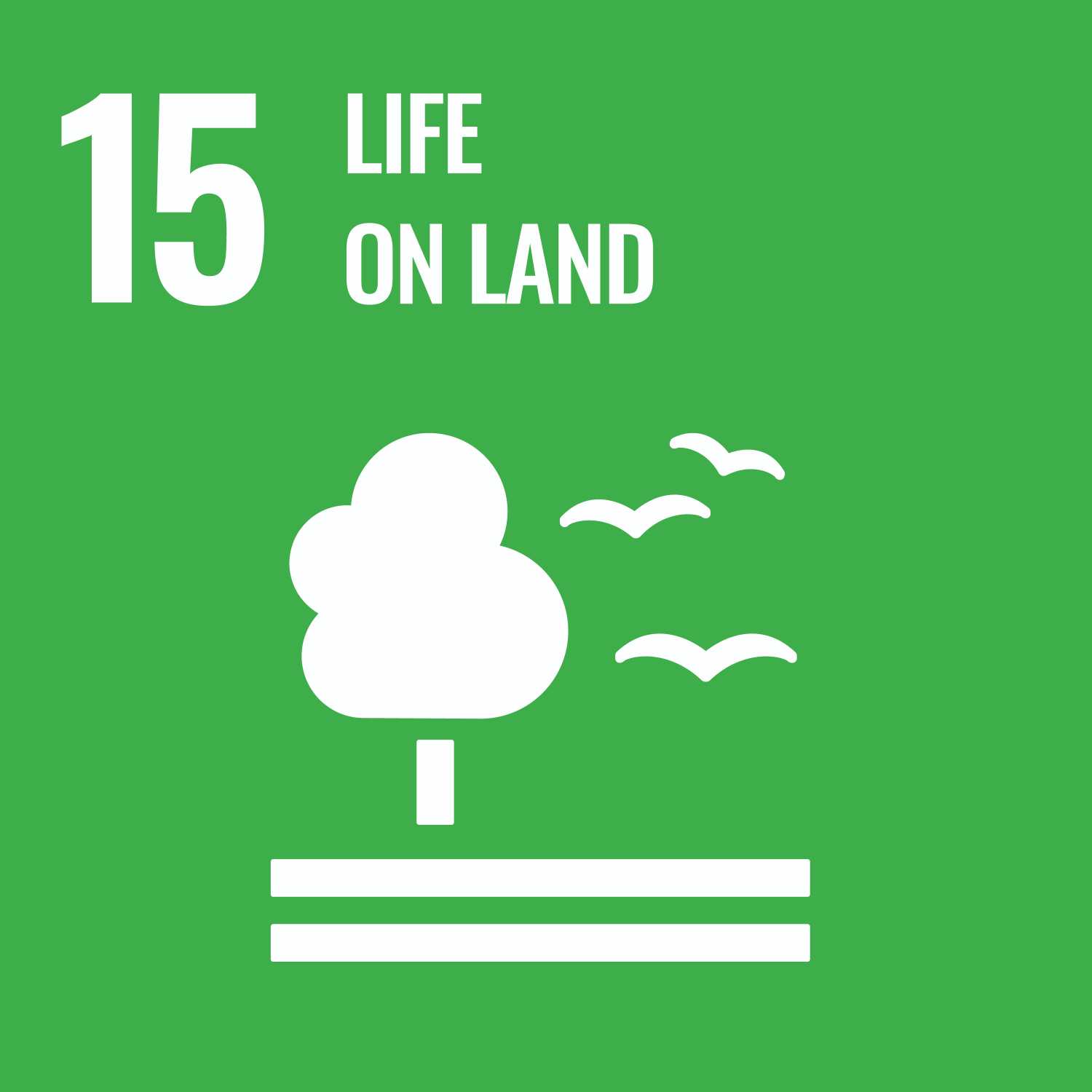
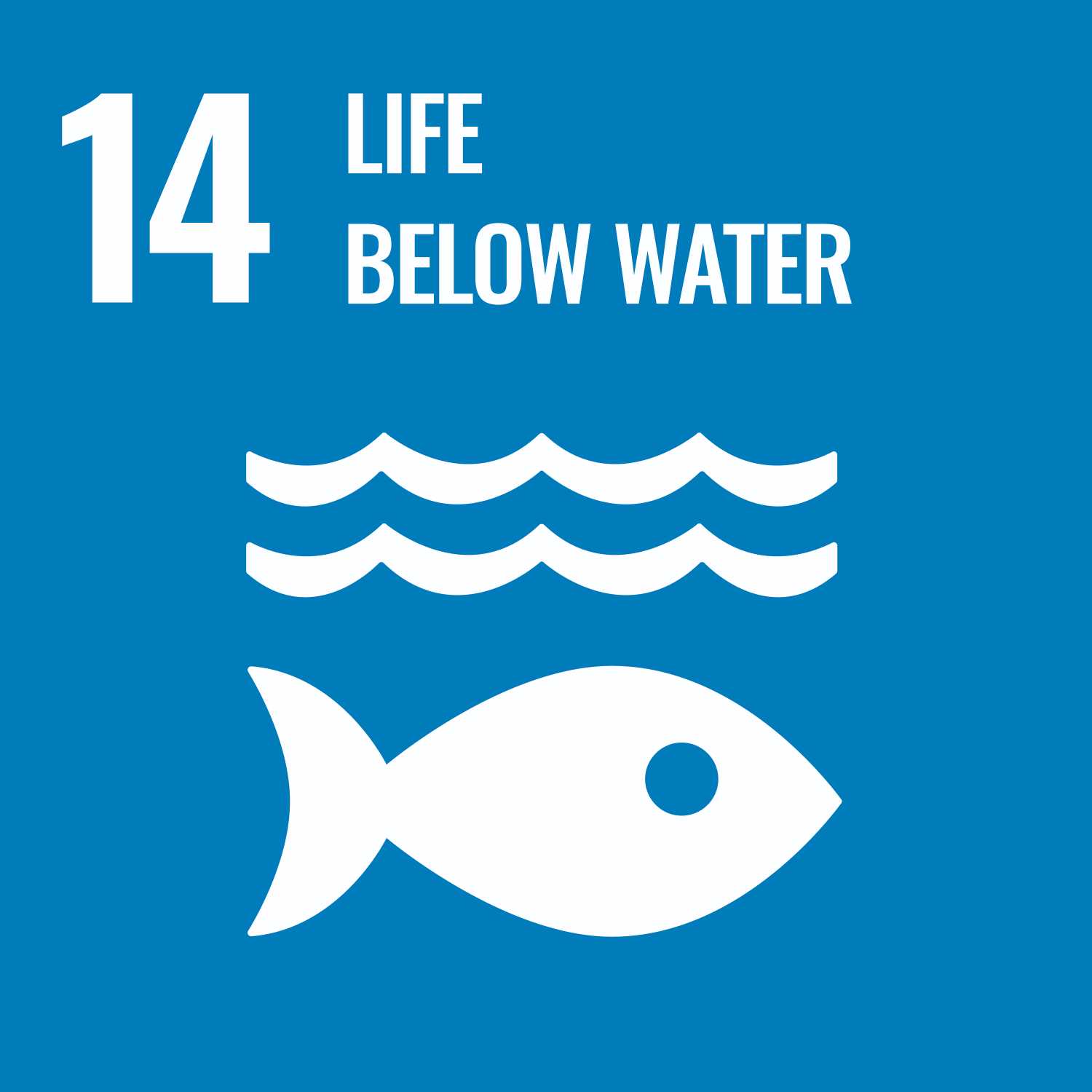
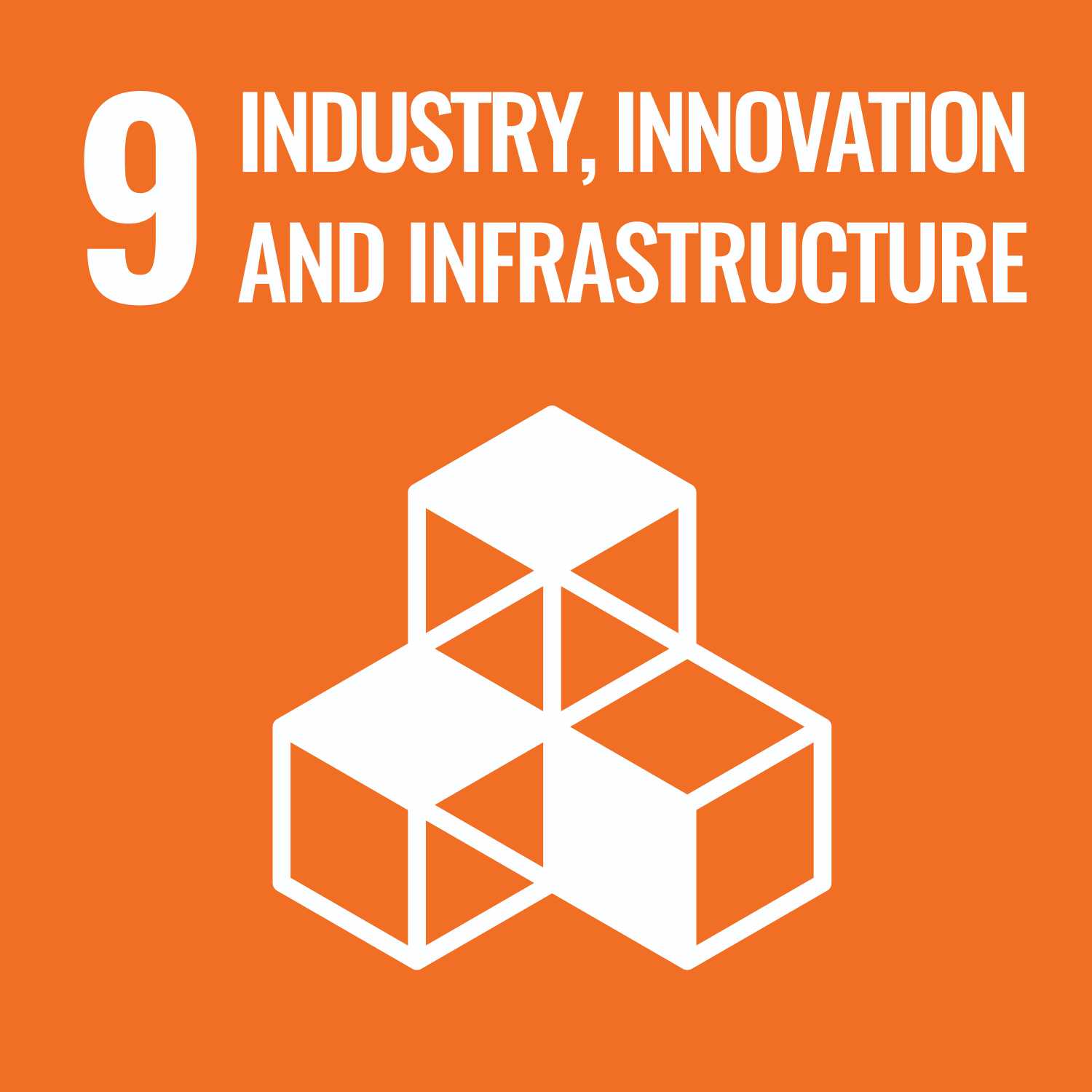
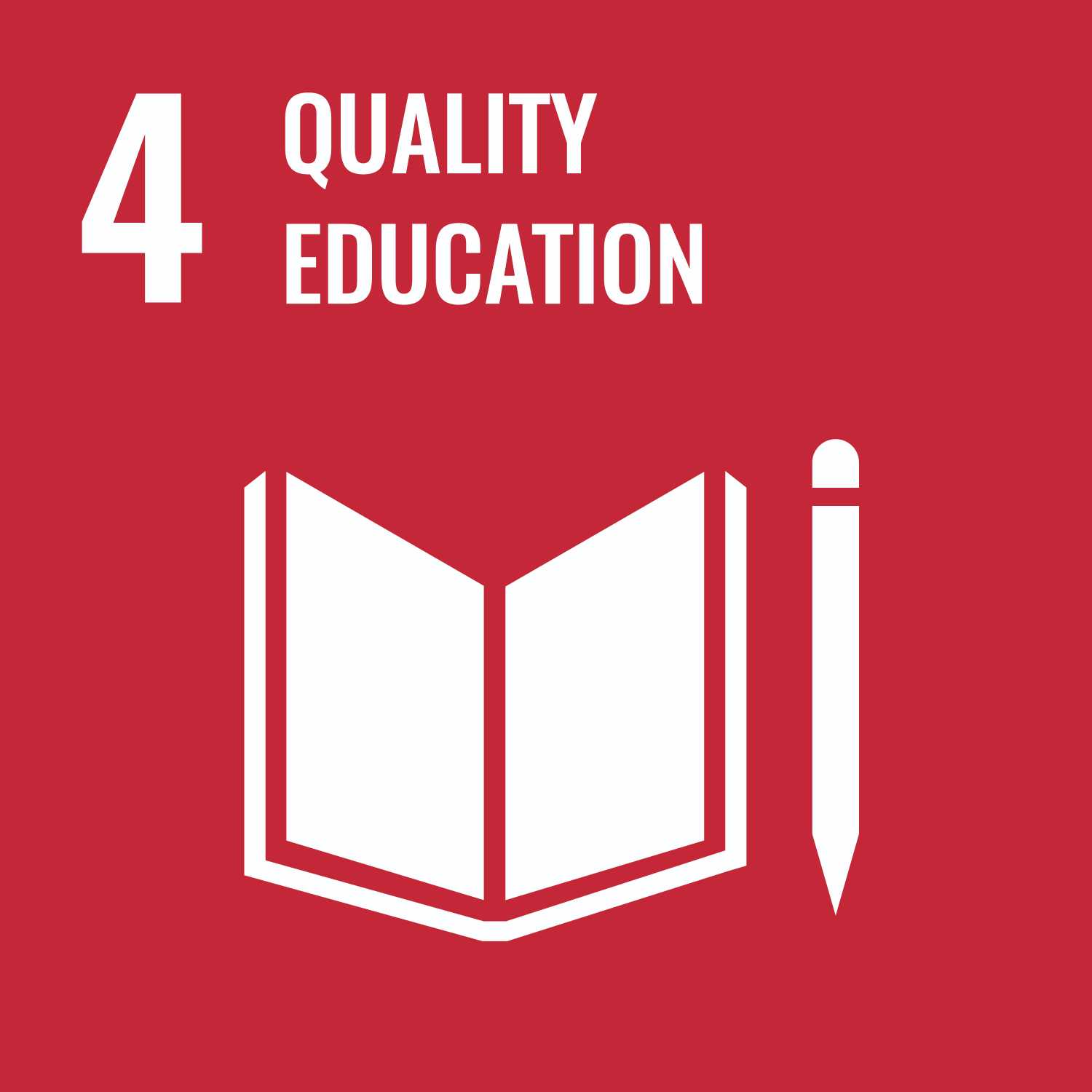
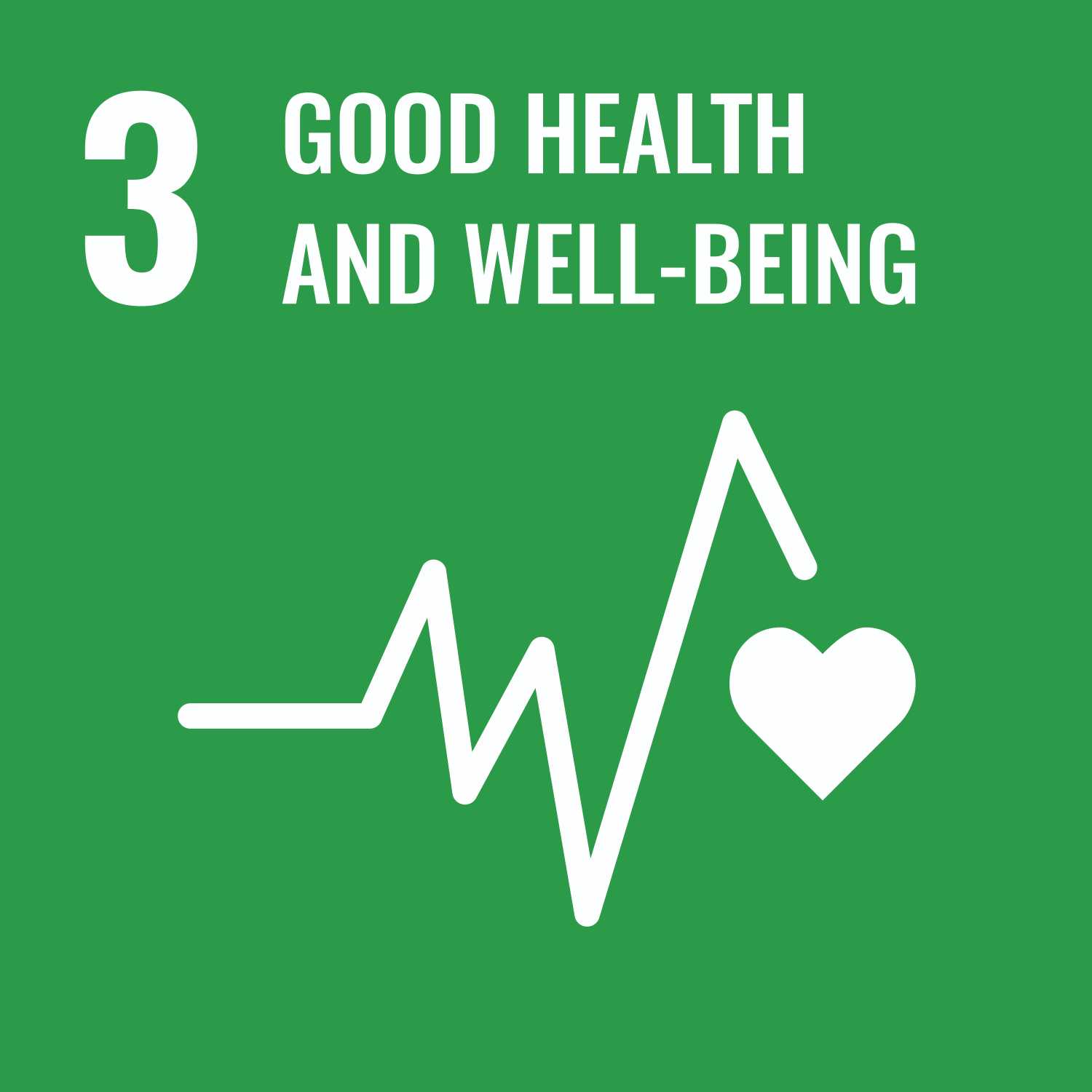
The "Introduction to Technical Acoustics" one-credit course, held from 5th to 7th August 2024, was designed to provide participants with fundamental knowledge in the field of technical acoustics. The course was facilitated by Prof. Dr.-Ing. M.Sc. Thomas Carolus, a distinguished expert from the University of Siegen, Germany. His expertise in fluid mechanics and turbomachinery added depth to the learning experience, especially in relation to how acoustics is applied in engineering fields.
Basics of Acoustics: Prof. Thomas Carolus introduced the essential principles of acoustics, discussing sound generation, propagation, and measurement. The session included a review of sound waves, frequency, amplitude, and their real-world applications.
Technical Acoustics Applications: The course explored the technical aspects of acoustics in engineering, such as noise control, sound insulation, and the acoustic behavior of materials. It provided insights into how these concepts are applied in industries such as automotive, aerospace, and construction.
Fluid-Structure Interaction and Noise Generation: A significant portion of the course focused on the interaction between fluid flow and structures, and how this interaction can lead to noise generation. Prof. Carolus explained how engineers can design systems to minimize unwanted noise, especially in turbines, compressors, and fans.
Acoustic Simulation and Modeling Tools: The course introduced participants to modern tools and software used in acoustic simulations and modeling. Prof. Carolus shared insights into how engineers use these tools to predict acoustic performance and mitigate sound issues in various applications.
Case Studies and Practical Applications: Prof. Carolus presented real-life case studies of noise reduction in turbomachinery and other mechanical systems. This practical approach helped participants understand the significance of acoustics in improving performance and comfort in engineered products.
Each day of the course included an interactive session where participants could ask questions and engage with Prof. Carolus. These discussions provided a platform for attendees to clarify their doubts, discuss current challenges in their respective fields, and gain personalized advice from the instructor.
The course saw active participation from students, faculty, and industry professionals. Over 60 participants attended the event, with many praising the structured approach and the expertise of Prof. Carolus. Participants expressed satisfaction with the comprehensive coverage of both theoretical knowledge and practical applications.
Key Outcomes:
Participants gained a thorough understanding of technical acoustics and its applications in engineering.
Exposure to modern acoustic simulation tools and techniques.
Insights into noise control strategies in mechanical systems, particularly fluid machinery.
Encouragement to explore further research and development in the field of acoustics.
The "Introduction to Technical Acoustics" course was highly successful in meeting its objectives of providing participants with a foundational understanding of technical acoustics and its practical applications. Prof. Dr.-Ing. M.Sc. Thomas Carolus’s expert guidance helped bridge the gap between theoretical concepts and industrial practices. The event concluded with positive feedback from participants, who left with enhanced knowledge and a renewed interest in the field of acoustics.
21st Century Engineering College in Coimbatore
World is transforming everyday. In the rapidly evolving engineering landscape, we have an Increased responsibility to transform the engineering education from traditional curriculum to meet the 21st century skills like Creativity, Critical Thinking, Collaboration and Communication. Through our unique and strategic approach we enable our students to learn beyond and prepare them for life long success.
